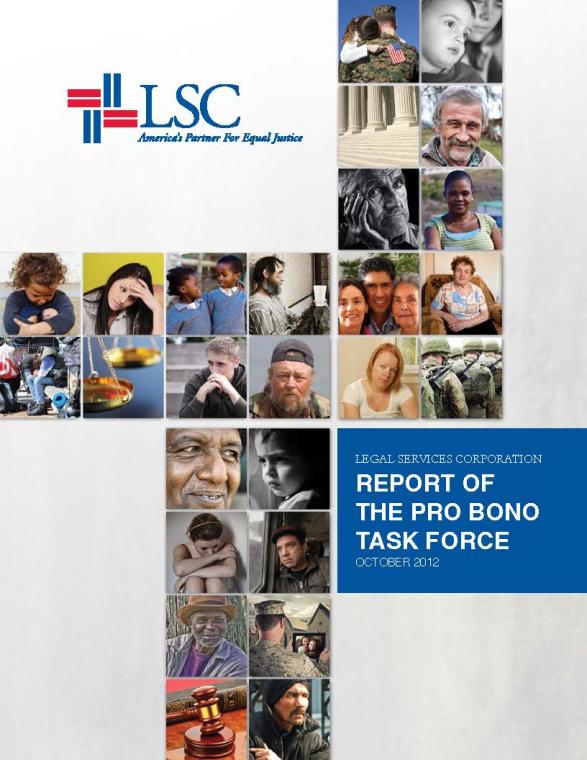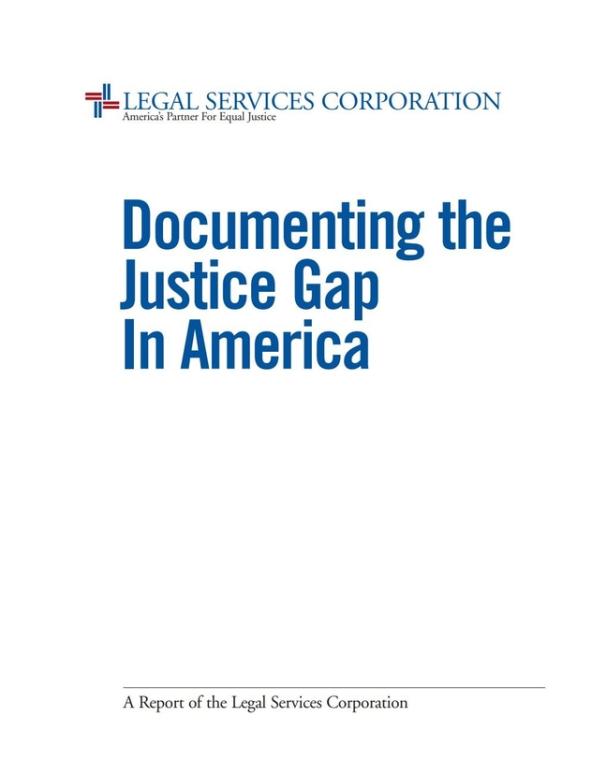Launch of Access to Civil Legal Services Caucus
Reps. Susan Brooks (IN-5) and Joe Kennedy III (MA-4) launch the bipartisan Access to Civil Legal Services Caucus to advocate for civil legal aid programs.
Reps. Susan Brooks (IN-5) and Joe Kennedy III (MA-4) launch the bipartisan Access to Civil Legal Services Caucus to advocate for civil legal aid programs.

The Hurricane Sandy Disaster Relief bill includes $1 million for LSC to provide assistance to low-income people in areas significantly affected by the super storm. Over the next decade, LSC receives increased supplemental funding to support disaster recovery, about $120 million in the past few years including COVID-19 funding.

LSC convenes the Pro Bono Task Force to consider how to effectively increase pro bono involvement by all lawyers. A key recommendation from its final report is the creation of a fund to encourage new ideas for engaging pro bono assistance. A few years later, President Obama signs the Consolidated Appropriations Act of 2014, which includes $2.5 million for LSC to establish the Pro Bono Innovation Fund. By 2023, the fund had awarded 139 pro bono grants totaling more than $40 million. Other LSC task forces follow, starting in 2018.
John G. Levi's appointment to LSC’s board is confirmed. He goes on to become LSC’s longest-serving board chair.

LSC begins to make forgivable loans to attorneys employed by LSC grantees to help them repay their law school debt. Its Herbert S. Garten Loan Repayment Assistance Program helps grantees recruit and retain qualified attorney staff.

LSC publishes its first Justice Gap Report. The report shows that for every person helped by an LSC-funded organization, another was turned away because of insufficient legal aid resources. Follow-up studies are published in 2009, 2017 and 2022.

Congress appropriates special funds for a new Technology Initiative Grants (TIG) program. LSC uses these grants to encourage creative and innovative uses of technology and enhance its grantees’ technical capacity. By 2023, LSC had awarded 892 TIG grants totaling more than $86 million since the program’s inception.

LSC's budget is cut by $122 million and new restrictions are placed on LSC-funded legal aid organizations. Grantees are prohibited from attempting to influence legislation or participating in class-action lawsuits, among other limitations.
In the final year of President George H.W. Bush’s term in office, LSC receives its largest funding increase in nearly a decade, as Congress allocates $350 million to legal aid.

Congress rejects President Reagan’s earlier proposal to eliminate LSC, but cuts funding by 25%, forcing the closure of 285 legal aid offices around the country. Members of Congress enact several restrictions on the use of LSC funds.